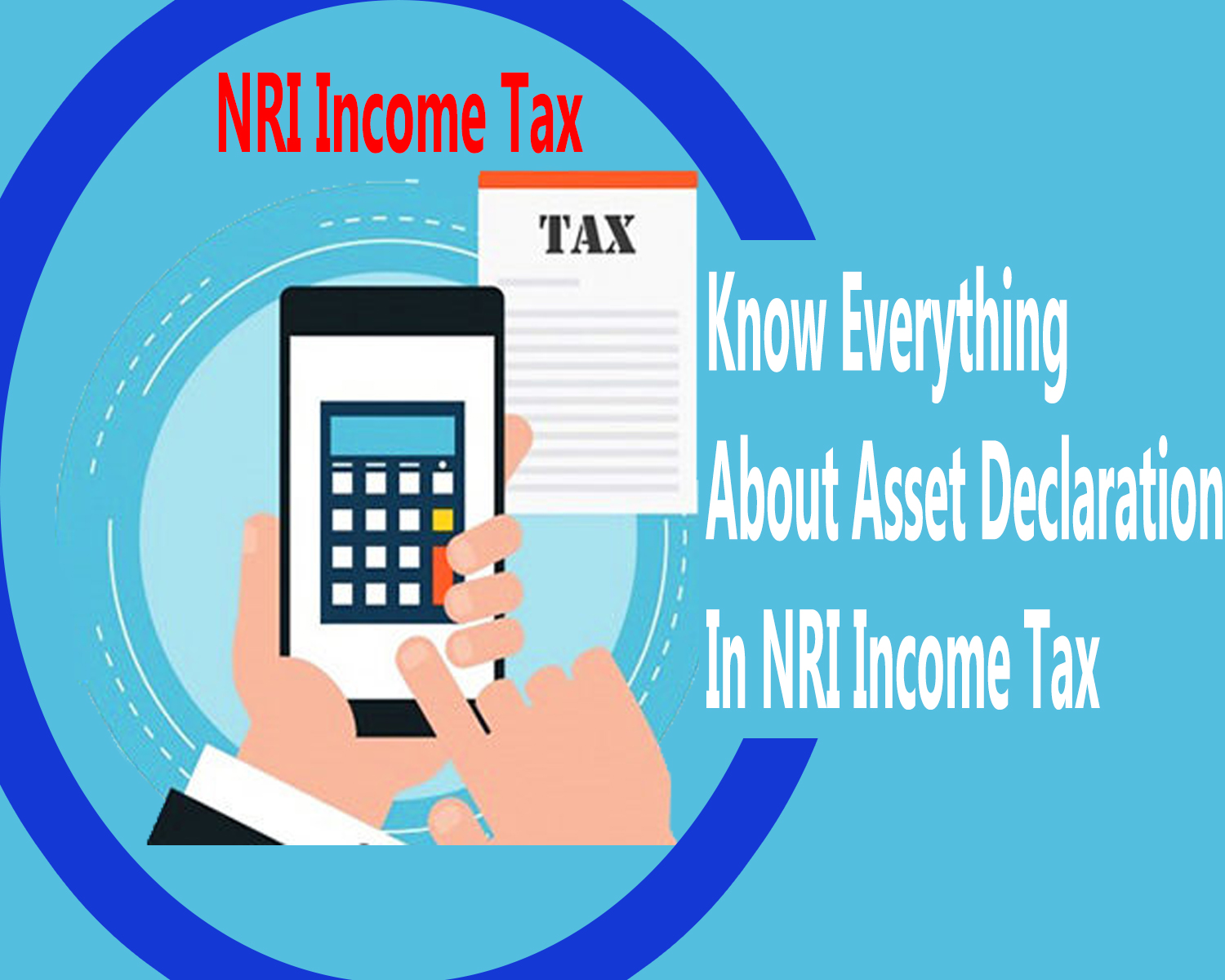Non-Resident Indians – Which Income/Assets are Taxed?

Non-Resident Indians – Which Income/Assets are Taxed?
The main question that arises for any non-resident Indian is that which income is liable to tax, which assets need to be declared, etc. It is always better to be clear as to the residential status of a person, the place or service and income received and the location of the assets, before getting into any chaotic situations.

The below-mentioned points will help you understand these aspects better:
1. Residential status of an Individual
In order to understand if you have to pay taxes in India, you must first understand your residential status.
You will be a resident of India if you meet the following conditions:
i) you reside in India for 182 days or more in the financial year; or
ii) you are in India for 60 days or more in the financial year (FY) and 365 days or more in four FYs which immediately precede the relevant FY.
If you are a citizen of India and leave India for employment abroad, the minimum period of 60 days will be raised to 182 days.
Extra conditions:
You are Indian Resident in a minimum of two of the 10 financial years that immediately precede the relevant FY; you are in India in seven years that immediately precede the relevant FY for about 729 days or more.
If you have met any of the conditions in the first set as well as both the extra conditions, you will be a resident in India. In case you have met any of the conditions in the first set but not the extra conditions, you will be considered a resident but not ordinarily resident (RNOR) in India. If you have not met any of the first set conditions, you will be considered non-resident in India (NRI).
For a resident of India, the global income will be taxable in India. For an RNOR or an NRI, the income which is earned as well as received abroad is not liable to taxes in India, and any income earned or accrued in India will be taxable in India. For a Resident of India, income earned abroad will be taxable in India.

2. Asset Declaration:
According to the Income-tax Act, 1961, a resident in India who meets the below criteria, has to file the ITR in India compulsorily and report details of all their foreign assets as well as foreign incomes earned in their ITR.
i) An individual who has an asset (even financial interest in an entity) situated outside India;
ii) an individual with signing authority in any account situated outside India;
iii) a person who receives income from a source outside India.
Such income, as well as assets, have to be compulsorily declared in Schedule FA (foreign assets) when filing the ITR in India, else one can be penalized.


 ITAT Amritsar: No Section 269SS Violation for One-Time Cash Payment Before Sub-Registrar
ITAT Amritsar: No Section 269SS Violation for One-Time Cash Payment Before Sub-Registrar  Tax Officials Unleash Digital Dragnet: How New Raid Powers Redefine Privacy, Property Rights in India and likely to Fuel Corruption
Tax Officials Unleash Digital Dragnet: How New Raid Powers Redefine Privacy, Property Rights in India and likely to Fuel Corruption  Income Tax Department Rewards for Reporting Tax Evasion: A Comprehensive Guide
Income Tax Department Rewards for Reporting Tax Evasion: A Comprehensive Guide  Forfeiture of Gratuity by Employer- What are the Remedies for an employee- Can employer be challenged?
Forfeiture of Gratuity by Employer- What are the Remedies for an employee- Can employer be challenged?  Employer can forfeit gratuity of an employee in case of moral turpitude
Employer can forfeit gratuity of an employee in case of moral turpitude  Diving Deeper: The Impact of the New Tax Bill on Dairy and Farming Income
Diving Deeper: The Impact of the New Tax Bill on Dairy and Farming Income